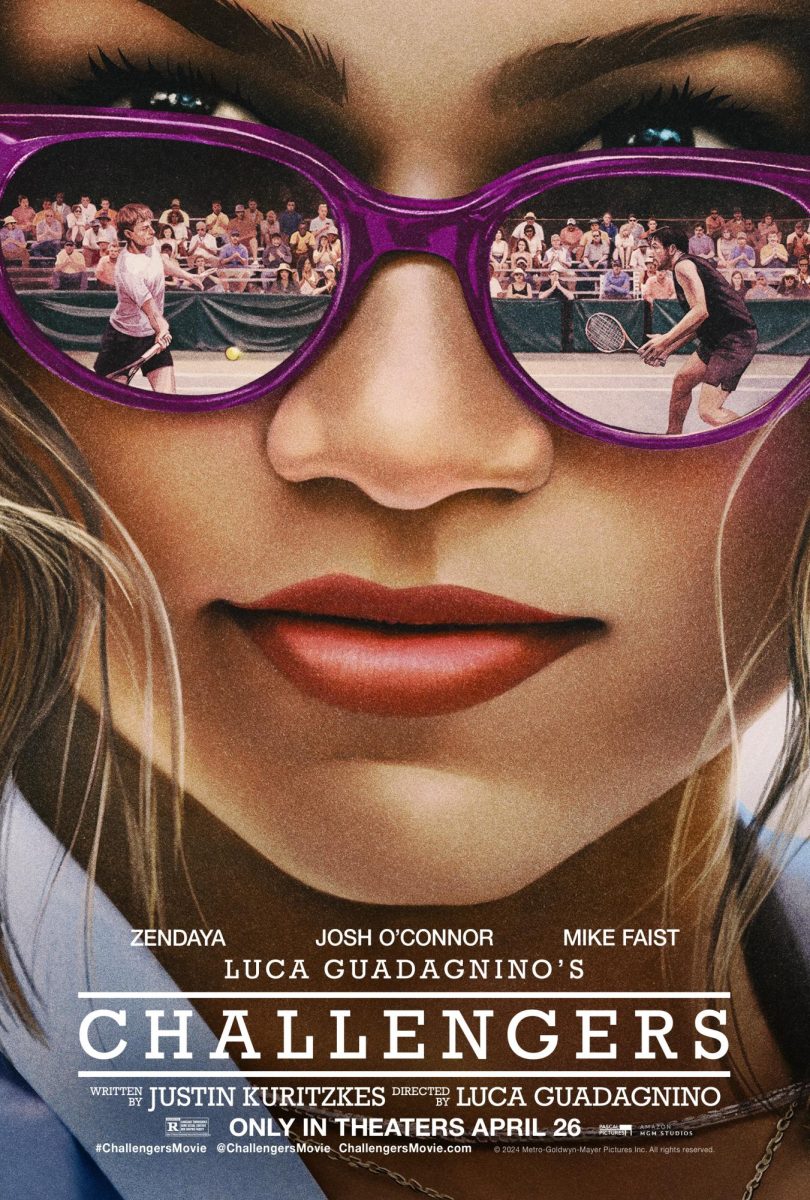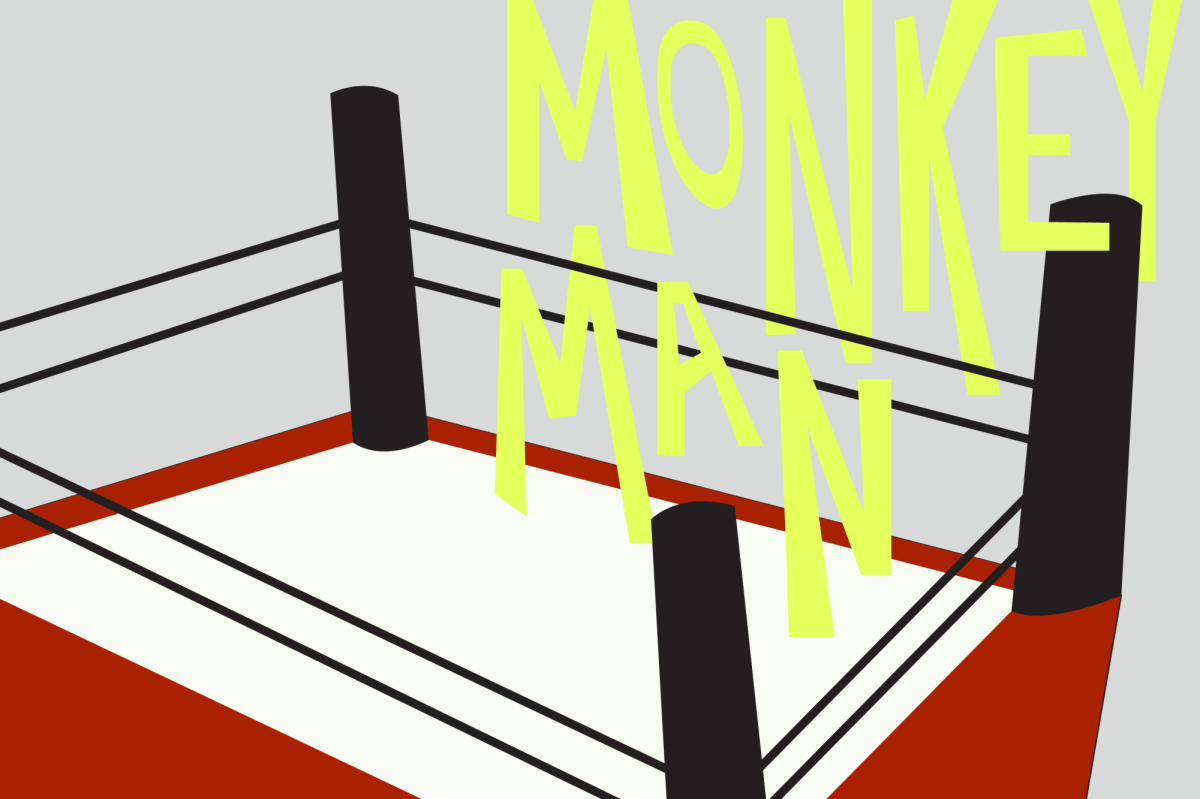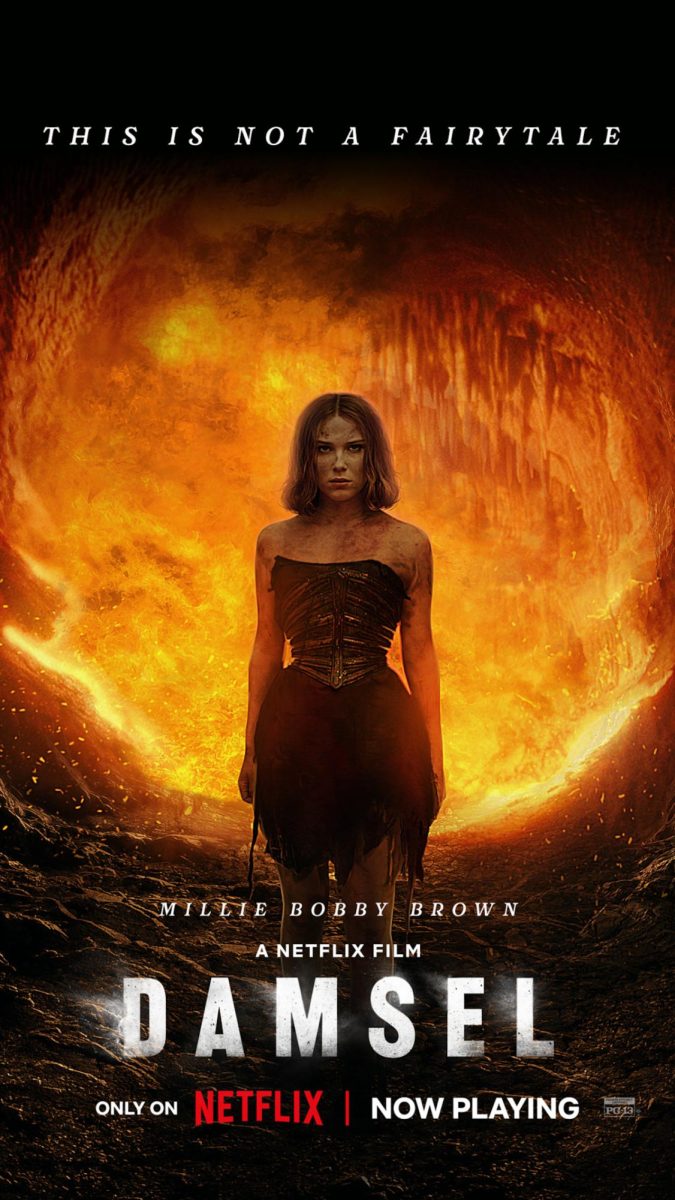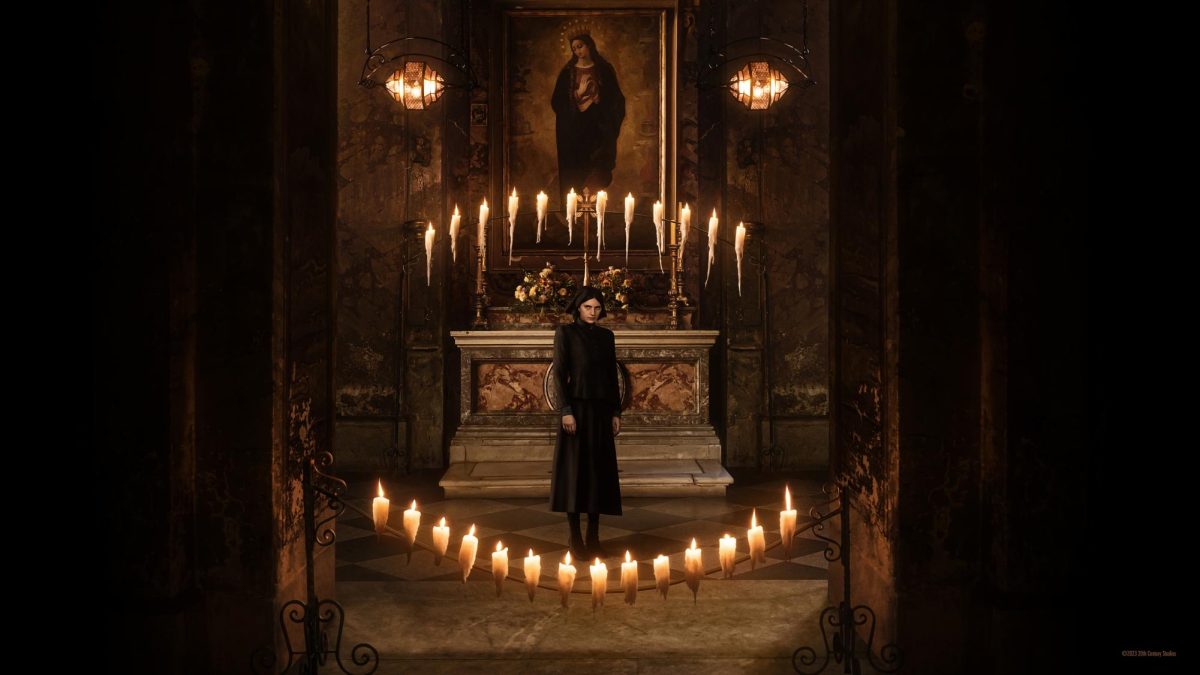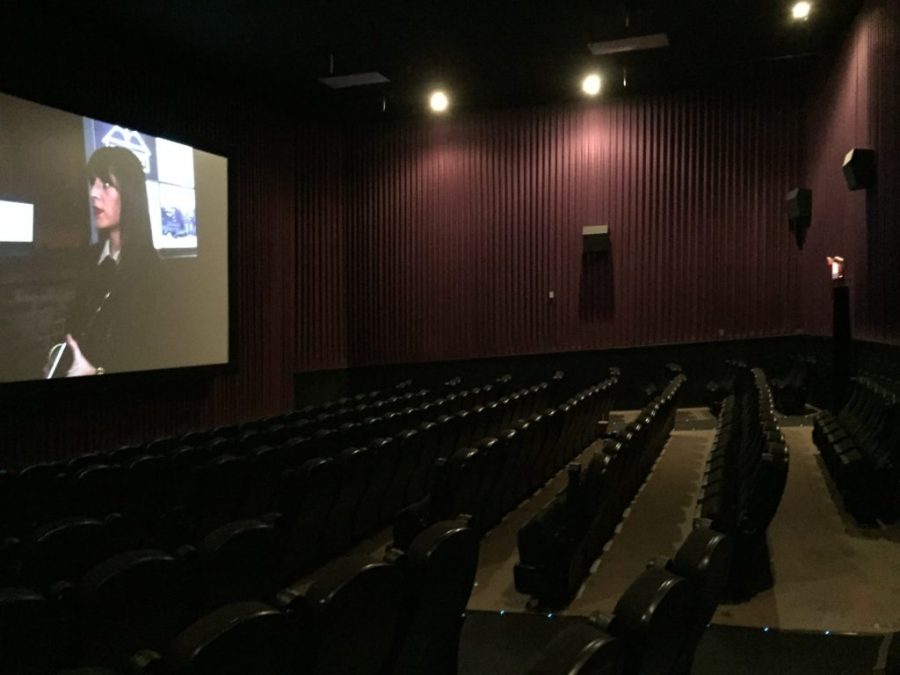When I evaluate movies, I try not to put undue expectations on them. I don’t insist that summer blockbusters be masterpieces, nor do I think that every movie must break some kind of new ground. What I do hope is that every movie is at least an honest attempt to create an entertaining product. The problem with the recent domination of sequels and remakes over original movies is that I find it more and more difficult to see them as honest and it looks like the story is a calculated effort to draw in audiences. The remake trend seems to reveal how little story quality factors into how and why movies are produced.
The monetary value of making a sequel instead of an original product is obvious – name recognition is supposed to draw in fans of the original, recalling nostalgia and generating excitement. Sequels, then, are “safe”. If the first movie in a series does well, data shows that the follow-up is much more likely to succeed than an original attempt. Of course, that same data shows that fans typically like these sequels far less than the originals we loved before.
So despite their inherent financial success, these sequels don’t seem to satisfy us. Even as they bring in old fans, they never seem to meet expectations because it is hard to live up to a beloved classic. It is understandable, then, that moviegoers criticize sequels for their unoriginality.
But in my mind, the problem isn’t simply one of originality. I doubt most people expect to be dazzled by the story of a summer action blockbuster. We tend to be okay with taking movies as they are and not judging a movie intended to be a popcorn thriller on whether it is Oscar-quality. Rather, what is most frustrating about sequels is how clear they demonstrate the commercialism in the film industry. The decision to play it safe is out in the open every time a sequel is released and it can make audience members realize just how much of a factor profit played in the crafting of a movie.
This is why I think the proliferation of sequels has got us down. Sure, many of these remakes may hit all the right notes. Some, like The Avengers, may even receive critical praise. But the fact that these sequels are so frequent makes it clear that making the best story possible is no longer the main aim of film-making. In the same way that we are deeply uncomfortable with product placement, we become uncomfortable when it is obvious that profit motivates so much of the content in the films we see.
Ironically, then, I think the movie industry’s best shot to counter declining attendance is to start making more original stories. This doesn’t mean re-thinking the entire movie-making process every summer; it simply means starting to respect moviegoing audiences. This “safe” model of churning out sequels may ensure temporary profits, but it is at the cost of the long-term trust and faith audiences place in movies as a whole. Establishing movies as a place for originality is all the more important given the way television has recently started to challenge movie-making’s spot as a premier place for making quality content.
In the end, what moviegoers crave is honesty. We want to believe that, even though Hollywood is about business, it is about a business that cares about making viewers happy. Restoring this honesty means focusing less on ticket-selling formulas and more on audience satisfaction. For this reason Hollywood should be aiming to tone down their use of sequels, to be less safe and to take the risks we ultimately want to see.







